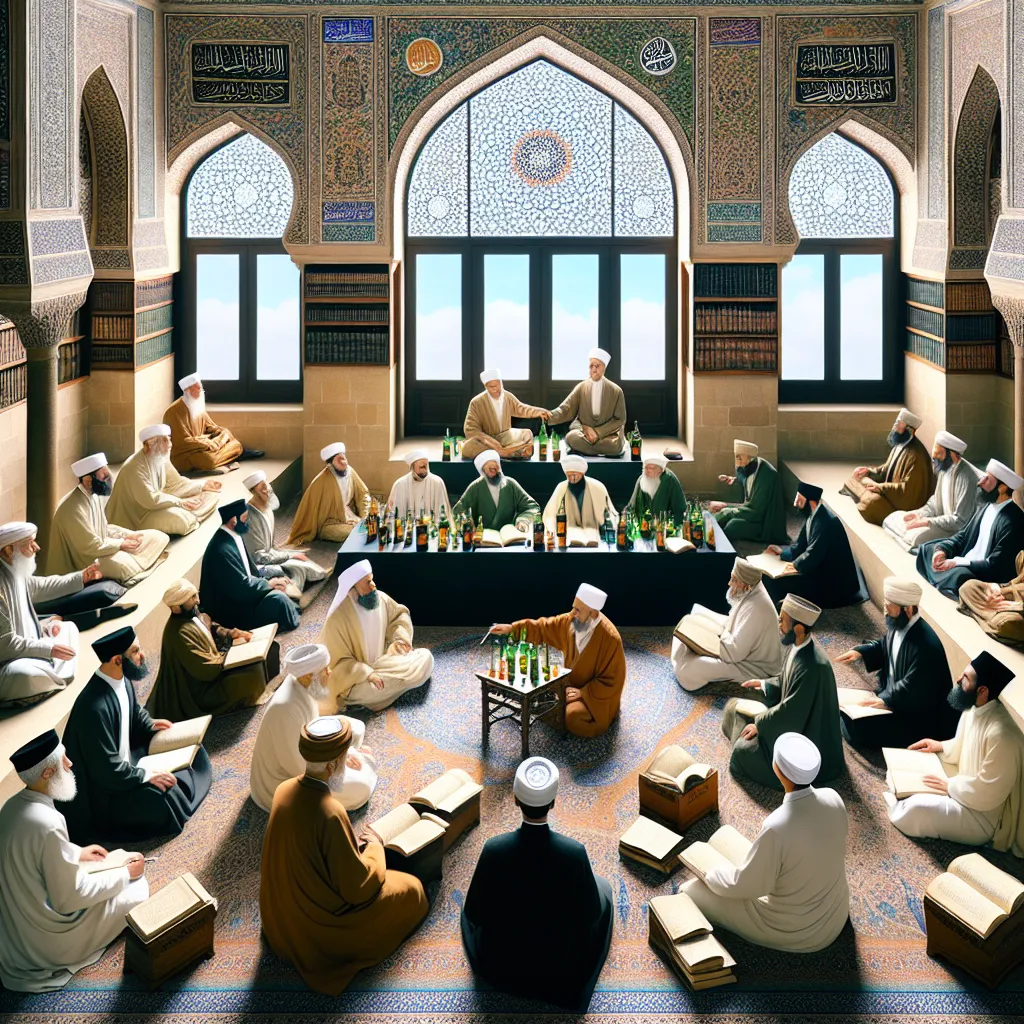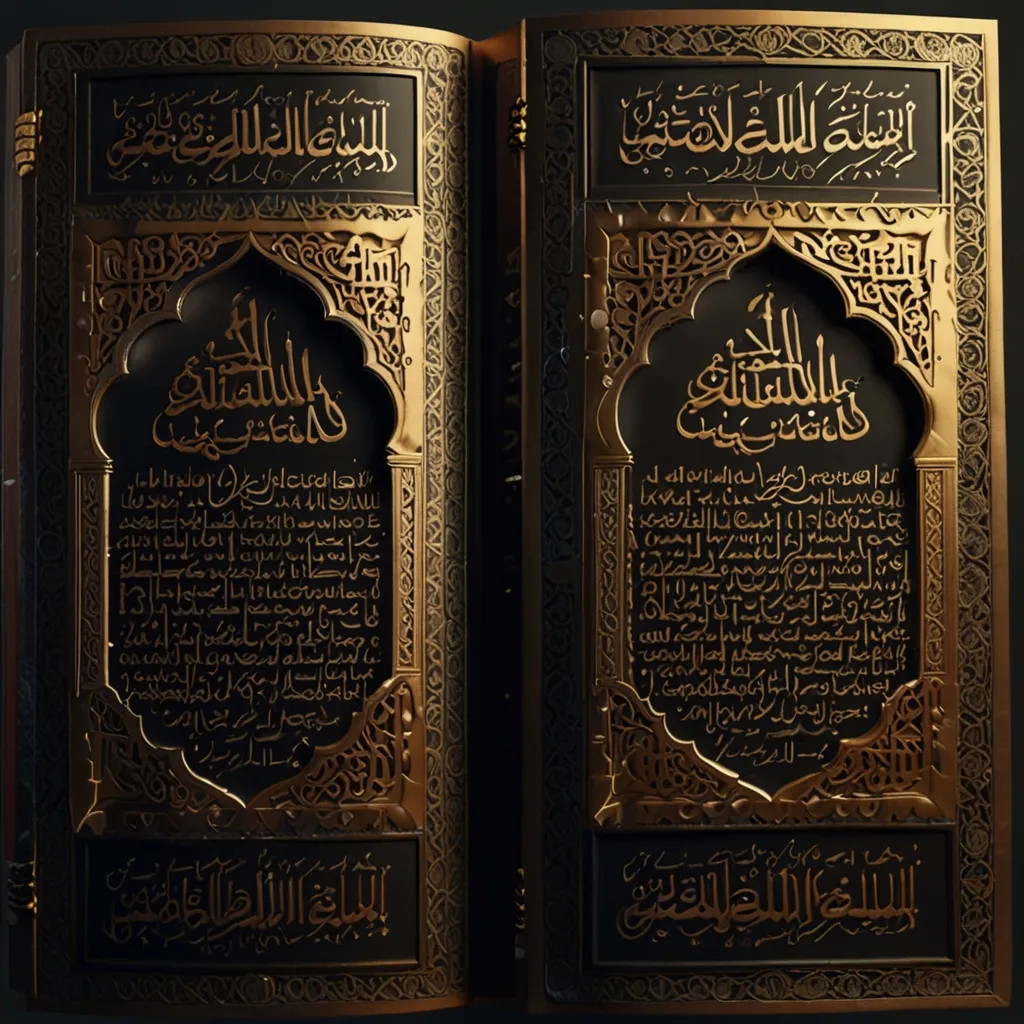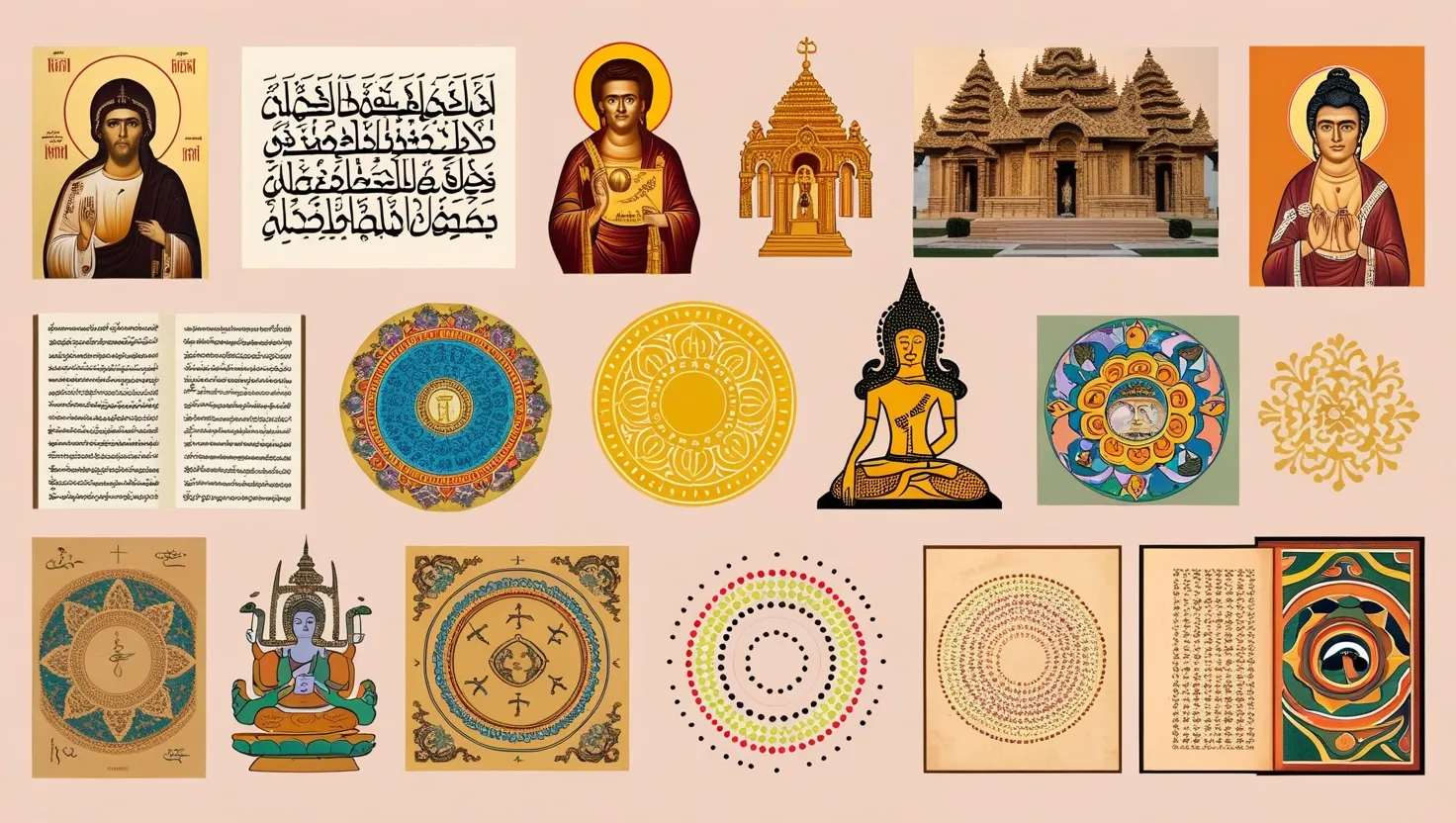You might think that alcohol was always forbidden in Islam, but the story is more nuanced, especially when you consider the Hanafi school of thought. If you dig into history, you’ll find the largest school of Islamic law had quite a different take on alcohol, particularly in its early years.
The Hanafi school was founded by Abu Hanifah, a renowned Islamic scholar. For the first few centuries, scholars from his school argued that not all forms of alcohol were forbidden. Their reasoning was based on the Quran’s specific mention of wine, which they interpreted as grape wine. In other words, they believed the prohibition was limited to grape wine only.
Other types of alcoholic drinks were considered permissible under the Hanafi doctrine, as long as they didn’t lead to intoxication. This was the standard position of the Hanafi school for a long time.
However, things didn’t stay this way forever. Over time, the consensus began to shift. By around the 12th century, the Hanafi school started to align more with the other Islamic schools, adopting a more general prohibition on all forms of alcohol. This change didn’t happen overnight but evolved gradually as scholars continuously revisited and reinterpreted Islamic teachings.
It’s fascinating to see how interpretations can evolve over time and how a once widely accepted view can shift dramatically following deeper scholarly discourse.






